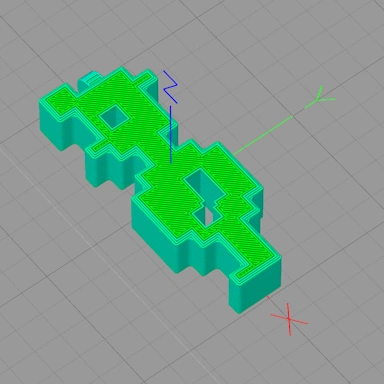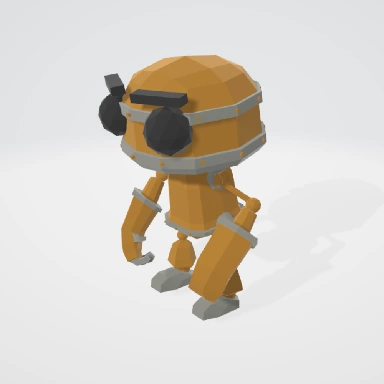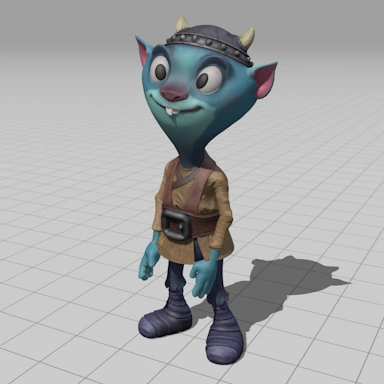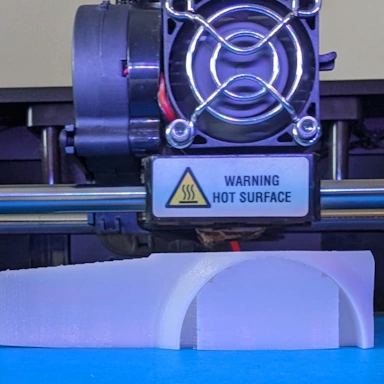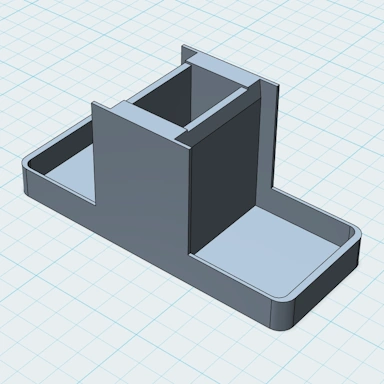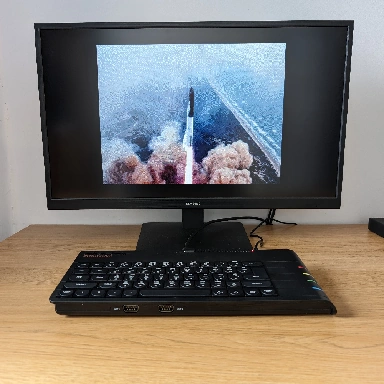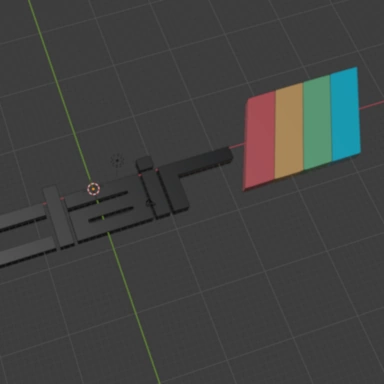| Full Name | Blender |
| Extension | BLEND |
| Type | 3D Model |
| Mime Type | application/octet-stream |
| Format | Binary |
The BLEND format is the native 3D model file format used by the ever-popular 3D modeling application Blender. Blender has been around since the 1990s, and it has grown steadily over the years, adding new features with each passing version.
The current version of Blender has many powerful features, is very popular with many budding 3D designers, and is the go-to application for videogame, animation, and film artists.
Mesh Geometry
The BLEND file format is a mesh-based format, meaning the 3D models created within Blender are stored in the form of 3D meshes composed of vertices and faces. Along with 3D object geometry, Blender supports the creation of animations, and this too is included in the BLEND file.
BLEND Converter Capabilities
As materials containing texture and color information are both supported by the BLEND format, our tool will do its best to include these materials, including any texture files, in the converted file.
| Full Name | Wavefront |
| Extension | OBJ |
| Type | 3D Model |
| Mime Type | text/plain |
| Format | Text |
An OBJ file is a text-based file format used for the storage of 3D model data. The format was developed in the 1980s by Wavefront Technologies as a means to store the geometric mesh data associated with a 3D model. It has garnered widespread support in the following years, and you will find options to load from and save to the OBJ format in most modern 3D modeling applications.
As OBJ files are essentially text files, they can grow quite large when working with large and detailed 3D models.
Mesh Geometry
Within a 3D OBJ file are lists of vertices, mesh faces, face normals, texture coordinates, and more. The vertices, normals, and texture coordinates are stored in a continuous list and are indexed referenced within a separate list of mesh faces, ensuring optimal use of space within the file. A mesh face may contain three or more points, each of which can use a unique vector normal and texture coordinate.
OBJ Converter Capabilities
As materials containing color information is supported by the BLEND and OBJ formats, our tool will do its best to include this in the converted OBJ file.

